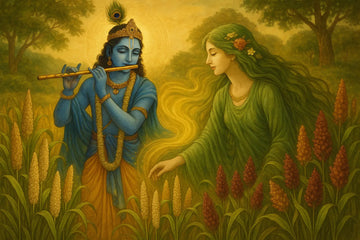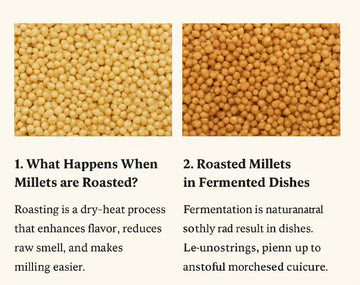When Dr. Khadar Valli began his recent talk, he did not start with statistics or science. Instead, he began with Jagadguru Krishna—the eternal teacher who is all-pervading. He reminded the audience that Krishna’s guidance is not limited to the battlefield of Kurukshetra; it extends into every corner of our lives, even into the food we place on our plate.
As he spoke about Karma, Dr. KV drew a simple yet profound connection: every action, including what we eat, leaves its imprint on us, on society, and on the earth. Krishna’s message in the Gita is clear—our duties are not just about grand acts, but also about the small choices we make daily.
To make this point stronger, Dr. KV recalled a verse from the Bhagavad Gita where Krishna describes the principle of balance:
युक्ताहारविहारस्य युक्तचेष्टस्य कर्मसु।
युक्तस्वप्नावबोधस्य योगो भवति दुःखहा॥ (Bhagavad Gita 6.17)
"For one who is moderate in eating and recreation, balanced in work and in rest, and regulated in sleep and wakefulness, yoga becomes the destroyer of sorrow."
He explained that this verse—Yukta Āhāra—is not just about how much we eat, but also about what we eat. Food should harmonize with the body and the earth, creating balance instead of disturbance.
And this is where he brought in millets. Unlike rice and wheat that demand excessive water and deplete the soil, millets are gentle, resilient, and nourishing. They respect nature, and in return, they bless our bodies with strength and balance. Choosing millets, he said, is an act of Karma Yoga—a conscious offering that sustains health, protects the environment, and honors the wisdom of Jagadguru Krishna.
Watch the full video
The talk left the audience with a simple realization: when we eat with awareness, when we choose millets with gratitude, we are not just feeding the body—we are walking the path of yoga, guided by Krishna himself.




